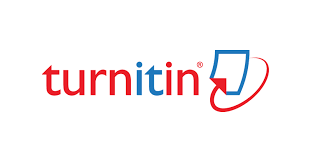Plagiarism Policy
The African Journal of Advanced Pure and Applied Sciences (AJAPAS) is committed to upholding the highest standards of academic integrity and vigorously opposes plagiarism in all its forms. Our policy is designed to ensure that all published work is original and properly attributed.
- Strict Anti-Plagiarism Stance: AJAPAS maintains a strict policy against plagiarism. All submitted manuscripts are rigorously screened for originality using industry-standard plagiarism detection software, such as Turnitin.
- Acceptable Plagiarism Rate: Manuscripts with a plagiarism rate exceeding 20% will be desk-rejected immediately, without undergoing the peer review process.
- Definition of Plagiarism: Plagiarism is the act of presenting someone else's words, ideas, research processes, or results as one's own without proper acknowledgment. This includes, but is not limited to: a. Copying text directly without quotation marks and citation. b. Paraphrasing someone else's ideas without proper attribution. c. Using figures, tables, or data from another source without permission and citation. d. Self-plagiarism (recycling or reusing one's own previously published work without proper citation and indication of prior publication).
- Consequences of Plagiarism: If plagiarism is identified at any stage (during submission, peer review, or after publication), AJAPAS will take appropriate action, which may include: a. Immediate rejection of the manuscript. b. Retraction of the published article. c. Notification to the authors' institutions and funding bodies. d. Blacklisting of authors from future submissions to AJAPAS.
AJAPAS is dedicated to fostering a publishing environment built on trust and ethical scholarship. Authors are responsible for ensuring the originality of their work and accurate citation of all sources.





